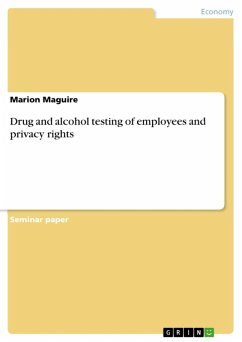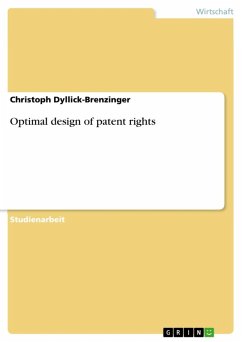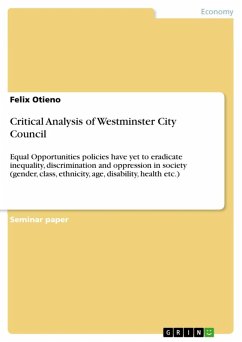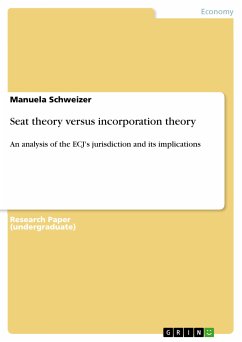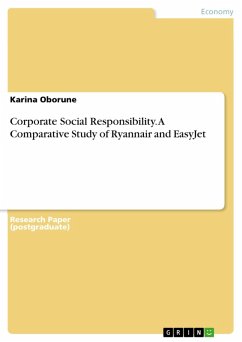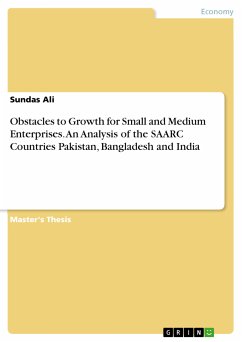Seminar paper from the year 2003 in the subject Business economics - Law, grade: 1.0 (A), Hawai'i Pacific University (-), course: MBA-Program (Vorlesung), language: English, abstract: Employee privacy is increasingly becoming an issue for employers, unions, employees and lawyers. Employer requirements to conduct tests and acquire additional information from employees, such as drug and alcohol use and testing has become a privacy concern. While increasingly employers have to ensure that their employees are fit for duty, the use of drug and alcohol testing is still controversial. With respect to drug and alcohol testing, some states prohibit such tests but state law varies dramatically. A study shows that America′s drug problem is big. America, with 5% of the entire world′s population buys and consumes fully 60% of the entire world′s supply of illegal drugs and 77% of all illegal drug users are employed. Ostensibly, prospective employers and employees want the same thing: to match the best person with the most fitting job. Many employers are quick to welcome outside evaluations of an individual′s mental and physical fitness and integrity, and to believe in their results - often at the risk of sacrificing individual privacy rights. The issue here is, should employers require their employees to be alcohol and drug tested and how does it affect privacy rights. In general, under human rights law, drug and alcohol testing are only allowed in certain circumstances. It is discriminatory to test potential or existing employees for drug and alcohol use if there is not a valid reason to test. The alternatives employers have are either drug test job applicants and existing employees or do not drug test them. There are pros and cons regarding alcohol and drug testing that need to be considered before deciding which alternative to chose. Criteria that is used in this research paper are basically violation of privacy rights and security and safety concerns.
